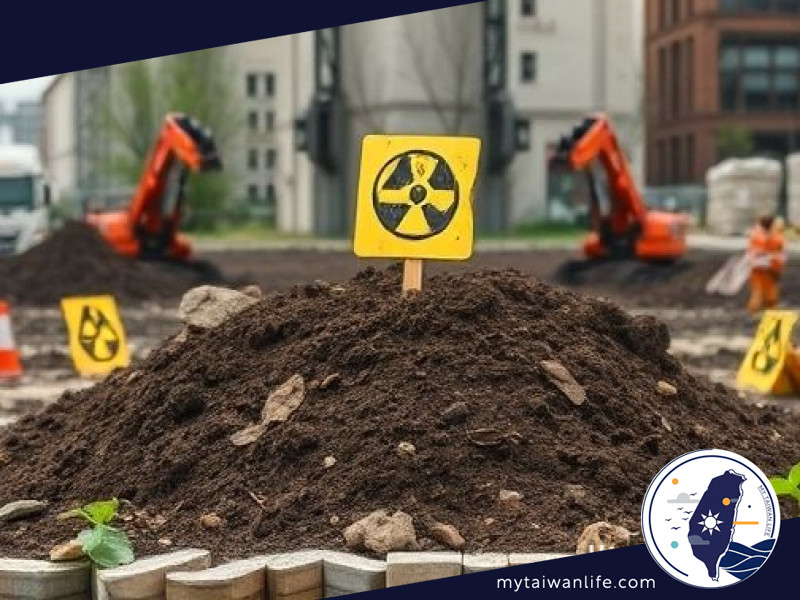Japan's Government Contemplates Soil Reuse from Fukushima at Prime Minister's Office
A controversial plan to recycle Fukushima cleanup soil in Tokyo raises questions about safety and public perception.

The Japanese government is exploring the possibility of reusing soil, collected from areas surrounding the damaged Fukushima Daiichi nuclear power plant, on the grounds of the Prime Minister's office and other government buildings. This information comes from a government source.
The initiative seeks to establish a precedent for soil recycling outside Fukushima Prefecture. Previous demonstration projects in Tokyo and surrounding areas encountered obstacles due to local opposition.
The soil destined for the Prime Minister's office and other government facilities in Tokyo's Kasumigaseki district would likely be utilized in flowerbeds and similar applications. The Environment Ministry asserts the safety of the soil has been verified through demonstration projects that began in Fukushima Prefecture in 2017.
The Fukushima plant suffered a severe nuclear accident in March 2011, following an earthquake and tsunami, resulting in the release of substantial amounts of radioactive materials and widespread land contamination.
Approximately 14 million cubic meters of removed soil and other waste has been stored at an interim storage facility located near the nuclear complex.
Japan aims to recycle soil with relatively low radioactivity for public projects, such as building road embankments, to diminish the overall volume of soil requiring final disposal.
Other Versions
El Gobierno japonés estudia la reutilización del suelo de Fukushima en la Oficina del Primer Ministro
Le gouvernement japonais envisage la réutilisation des sols de Fukushima au bureau du Premier ministre
Pemerintah Jepang Mempertimbangkan Penggunaan Kembali Tanah dari Fukushima di Kantor Perdana Menteri
Il governo giapponese valuta la possibilità di riutilizzare il suolo di Fukushima presso l'Ufficio del Primo Ministro
日本政府、首相官邸で福島の土壌の再利用を検討|日本経済新聞
일본 정부, 총리실에서 후쿠시마 토양 재사용을 검토하다
Pinag-iisipan ng Gobyerno ng Japan ang Paggamit Muli ng Lupa mula sa Fukushima sa Opisina ng Punong Ministro
Правительство Японии рассматривает вопрос о повторном использовании грунта с Фукусимы в офисе премьер-министра
รัฐบาลญี่ปุ่นพิจารณาการนำดินจากฟุกุชิมะกลับมาใช้ใหม่ที่ทำเนียบนายกรัฐมนตรี
Chính phủ Nhật Bản Cân Nhắc Tái Sử Dụng Đất Từ Fukushima tại Văn phòng Thủ tướng

